In the heart of Tunisia, nestled within the ancient city of Kairouan, stands a structure that embodies centuries of Islamic heritage and architectural brilliance - the Great Mosque of Kairouan. With its roots dating back to the early days of Islam, this mosque holds a profound significance not only as a place of worship but also as a symbol of cultural and religious identity for Muslims around the world.
Historical Context
Constructed in the 7th century, during the reign of the Umayyad Caliphate, the Great Mosque of Kairouan holds the distinction of being one of the oldest and most important mosques in the Islamic world. Its creation was commissioned by Uqba ibn Nafi, a companion of the Prophet Muhammad, marking it as one of the earliest mosques established outside of the Arabian Peninsula.
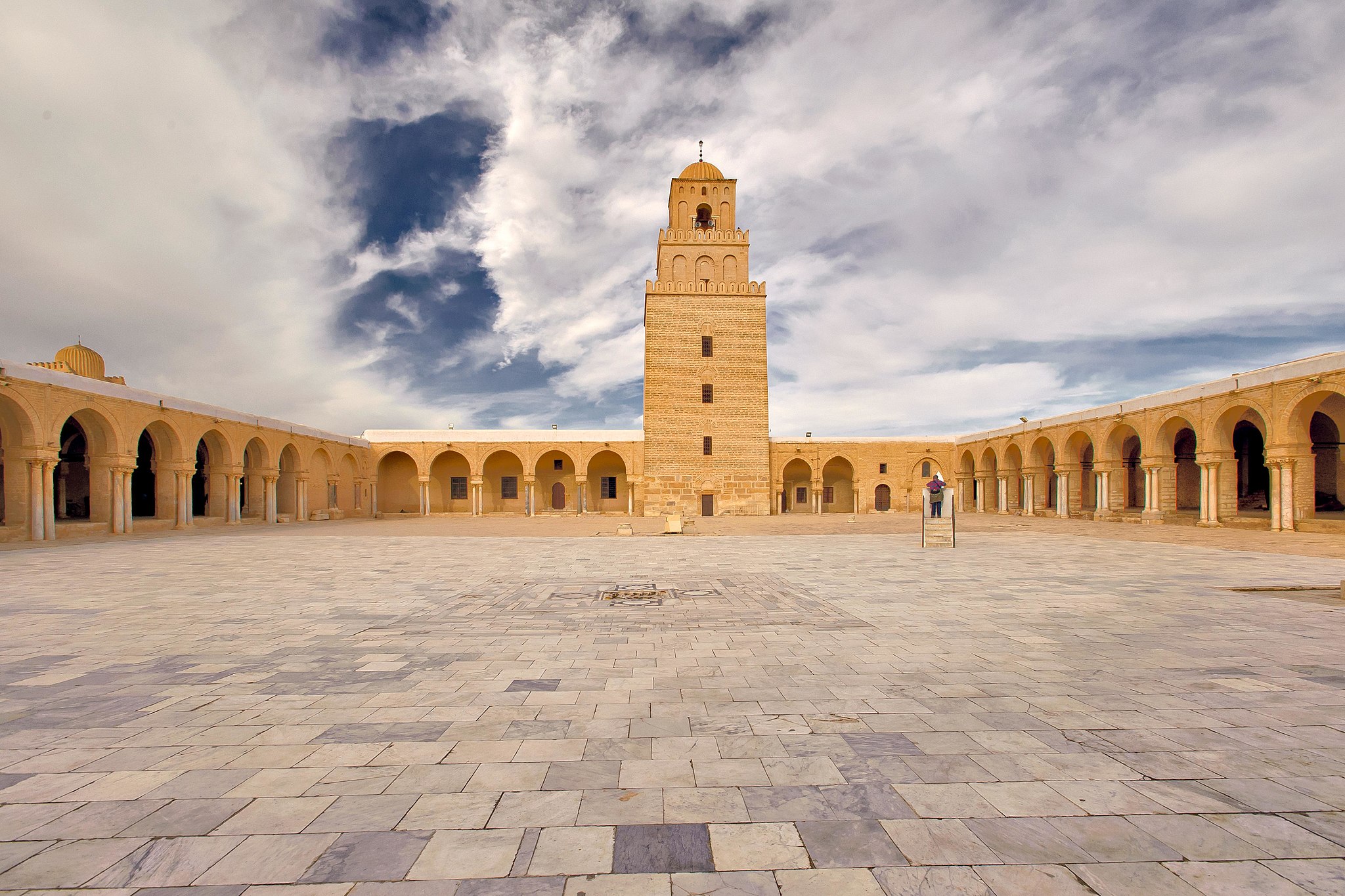
Architectural Marvel
The mosque's design reflects a blend of Islamic, Byzantine, and North African architectural influences, showcasing the rich cultural exchange prevalent during its construction. Its layout comprises a vast courtyard surrounded by collonaded arcades, leading towards a central prayer hall adorned with intricately carved wooden ceilings and marble columns. The minaret, a towering structure adjacent to the mosque, stands as a beacon of Islamic artistry, adorned with geometric patterns and calligraphic inscriptions.
Read: A Testament to Cultural Harmony and Architectural Brilliance
Cultural Significance
Beyond its architectural grandeur, the Great Mosque of Kairouan holds immense cultural significance within the Muslim world. As one of the first mosques established in North Africa, it served as a centre for religious education, spiritual guidance, and communal gatherings. Scholars from across the Islamic world flocked to Kairouan, seeking knowledge and enlightenment within its hallowed halls. The mosque became a focal point for the dissemination of Islamic teachings and jurisprudence, shaping the intellectual landscape of the Muslim community for centuries to come.
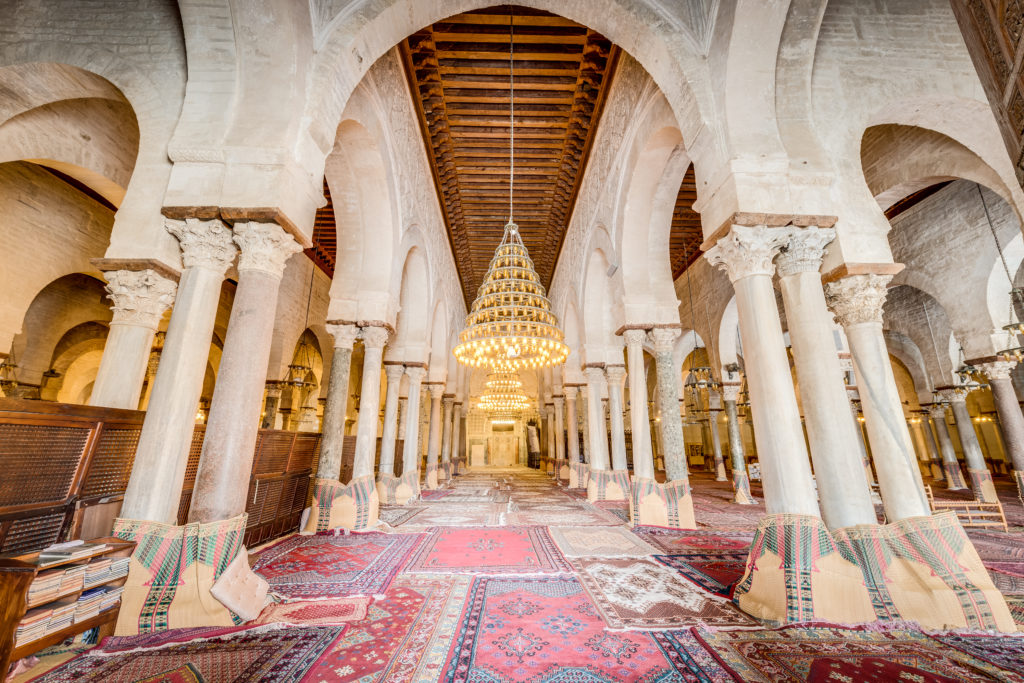
Spiritual Center
For devout Muslims, the Great Mosque of Kairouan holds a special place in their hearts as a revered sanctuary where they can connect with the divine. The rhythmic call to prayer echoing from its minaret serves as a reminder of the eternal presence of Allah, drawing worshippers to bow their heads in reverence and submission. Pilgrims from far and wide embark on spiritual journeys to Kairouan, seeking solace and enlightenment within the sacred confines of the mosque.
Read: A Beacon of Islamic Architecture and Spiritual Sanctuary
Symbol of Unity
In an era marked by political upheaval and cultural fragmentation, the Great Mosque of Kairouan stands as a symbol of unity and cohesion within the Muslim community. Regardless of sectarian differences or regional affiliations, Muslims from diverse backgrounds converge upon Kairouan, united in their devotion to the teachings of Islam. The mosque transcends linguistic, ethnic, and national boundaries, serving as a testament to the universal message of peace and brotherhood espoused by the Prophet Muhammad.As we marvel at the architectural splendour of the Great Mosque of Kairouan and reflect upon its profound historical legacy, we are reminded of the enduring power of faith to transcend the boundaries of time and space. In an age marked by uncertainty and discord, the mosque serves as a beacon of hope and enlightenment, inviting us to embrace the values of tolerance, compassion, and unity that lie at the heart of Islam. May the Great Mosque of Kairouan continue to inspire generations to come, serving as a testament to the enduring legacy of Islamic civilization.
In the bustling streets of Kairouan, amidst the whispers of ancient stones, the echoes of a timeless prayer resonate: "Allahu Akbar" - God is Great. And in the sacred precincts of the Great Mosque, believers find solace in the words of the Prophet Muhammad: "Whoever builds a mosque for Allah, Allah will build for him likewise in Paradise." Truly, the Great Mosque of Kairouan stands as a testament to the eternal promise of divine grace and mercy, beckoning humanity towards the path of righteousness and enlightenment.



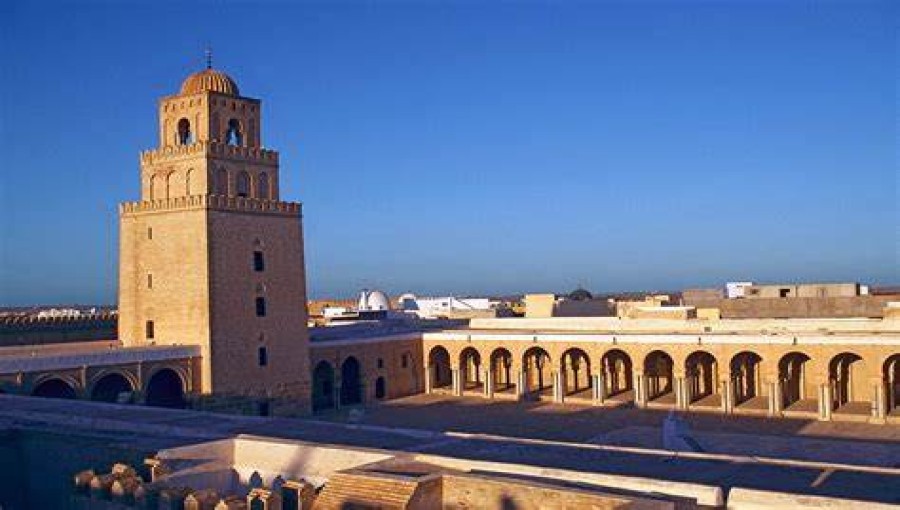





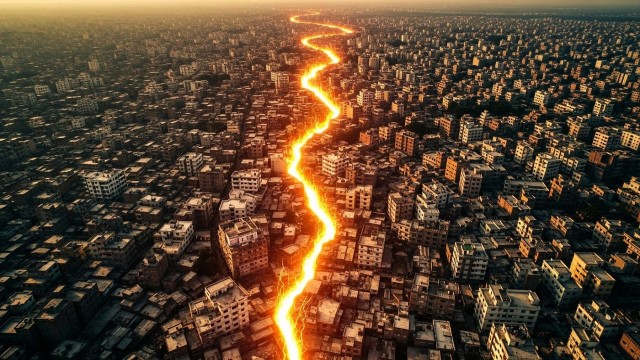
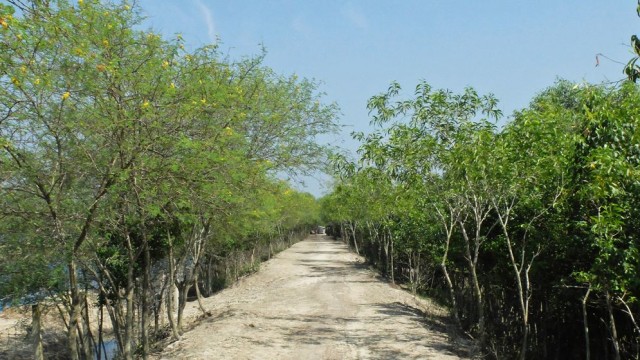
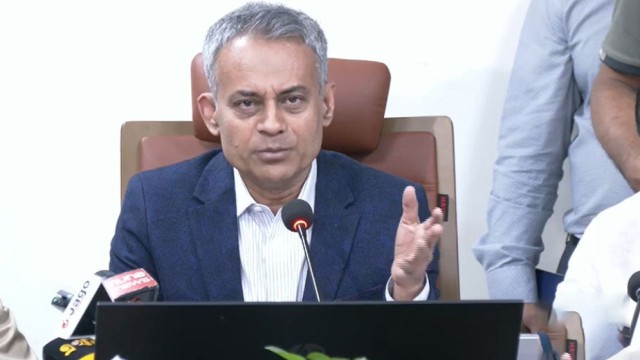

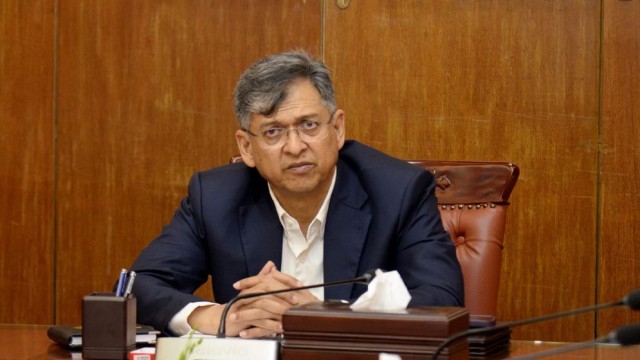
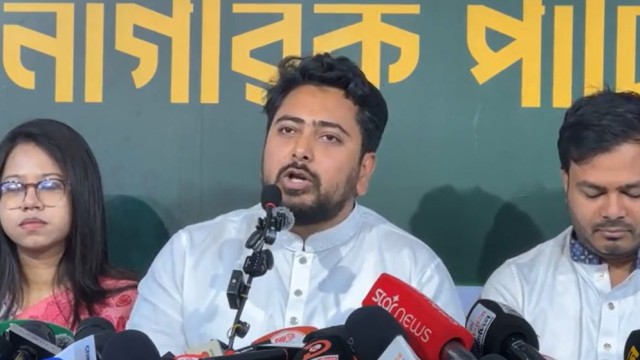
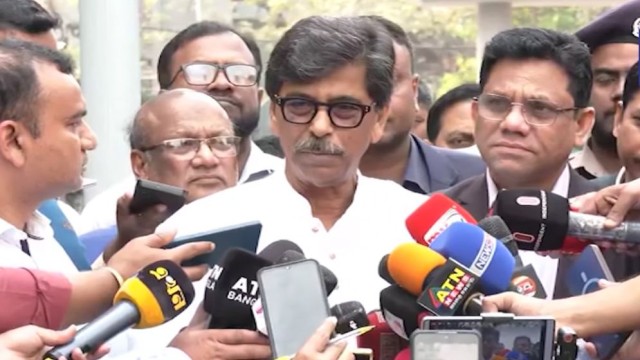
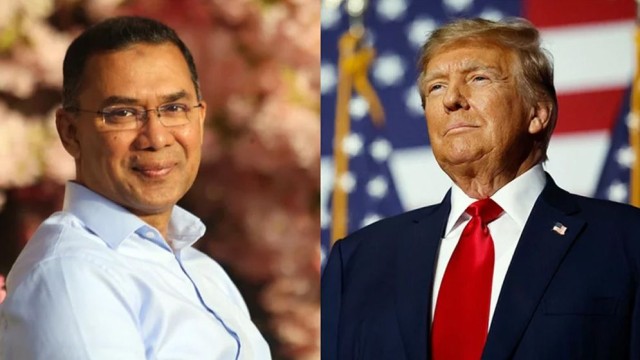
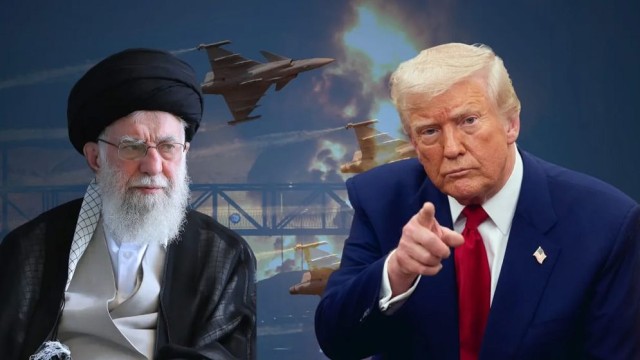













Comment: